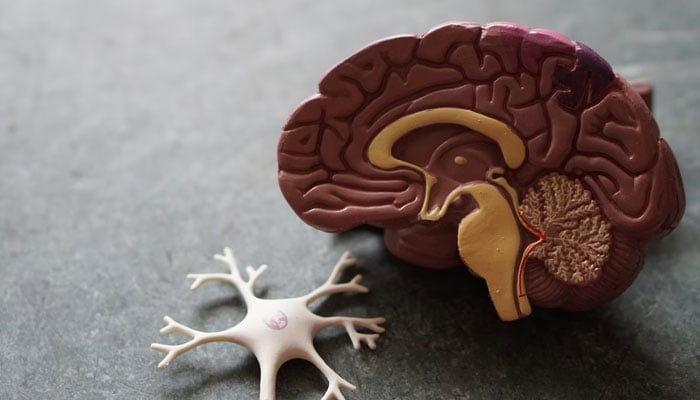Study examines connection of language with likeliness of stroke in humans
Study reveals Mexican American people who speak Spanish had worse neurologic outcomes post-stroke
July 08, 2023

A study reveals Mexican Americans face less favourable post-stroke outcomes compared to non-Hispanic white Americans, possibly due to language barriers.
The study that was carried out recently explored the potential relationship between the language spoken by Mexican Americans and their post-stroke recovery course.
Recent publications of the findings in Neurology, the medical journal of the American Academy of Neurology, confirm their validity.
“Our study found that Mexican American people who spoke only Spanish had worse neurologic outcomes three months after having a stroke than Mexican American people who spoke only English or were bilingual,” said study author Lewis B. Morgenstern, MD, of the University of Michigan in Ann Arbor and a Fellow of the American Academy of Neurology.
“More research is needed into what factors and barriers may influence these worse outcomes," he added.
The study included 1,096 Mexican Americans who experienced strokes in Corpus Christi, Texas, over a 10-year period.
Three months after the stroke, results were examined in three areas: neurologic, functional, and thinking and memory abilities.
Neurologic outcomes include issues with speech or vision as well as coordination and muscle strength, while functional outcomes evaluate a person's capacity to carry out daily tasks like taking a shower and preparing food.
The 926 individuals who spoke English only or were bilingual were contrasted with the 170 individuals who spoke only Spanish.
In comparison to the other group, those who only spoke Spanish were older, had less education, and had worse neurologic scores at the time of the stroke.
Additionally, the average neurologic score for the Spanish-only speakers three months after the stroke was 7, where scores between five and 14 indicate moderate effects from a stroke.
Meanwhile, the scores for the English-only and bilingual speakers ranged from one to four, indicating mild effects.
The findings persisted when the differences between the two groups and additional stroke risk factors like diabetes and high blood pressure were taken into account.
In terms of how well the two groups recovered their capacity to carry out daily tasks as well as their capacities for thought and memory, the study found no differences between the two groups, SciTech Daily reported.
Morgenstern revealed that an earlier study in the same community found no language difference in hospitalisation or emergency medical services after an ischemic stroke, which indicates the need for more information.
Moreover, the study's limitations include a low number of Spanish-only speakers and may not apply to areas with a larger population of Mexican Americans.











